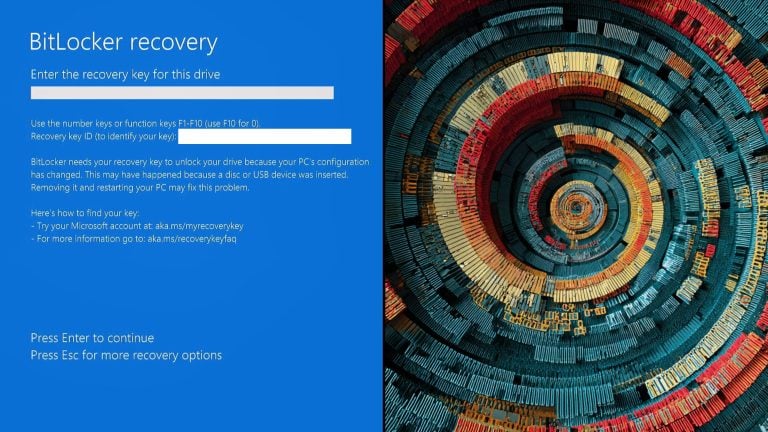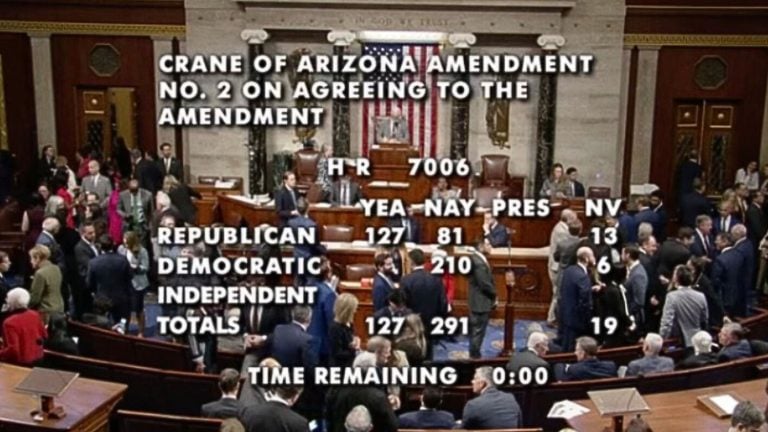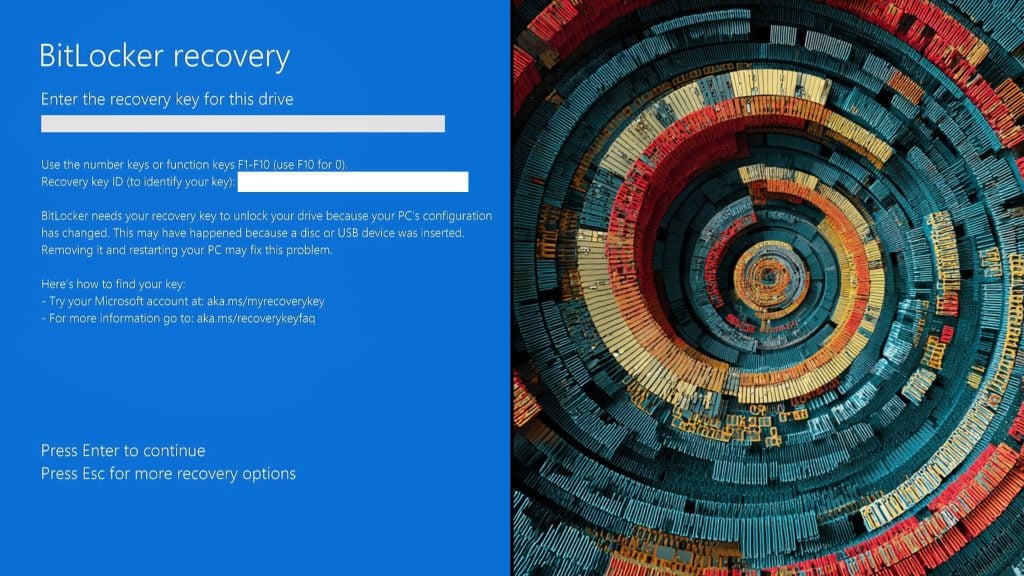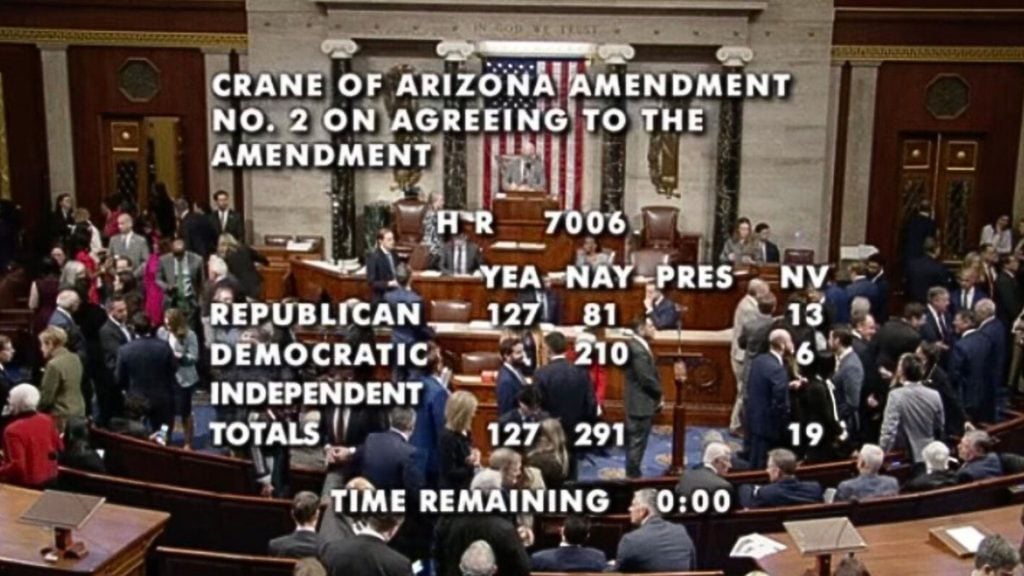Missouri Senator Josh Hawley has been working closely with the White House to prepare a bill targeting social media companies. Today he unveiled the proposal, which promises to empower Americans to sue Big Tech companies when they censor speech in “bad faith” – but if you were looking for an easy solution to end social media censorship, this probably isn’t going to be it, as there are some easy points on which it will be challenged.
The bill is dubbed “Limiting Section 230 Immunity to Good Samaritans Act” and we have a copy of it for you here.
Hawley shares the opinion that many social media companies practice online bias. “For too long, Big Tech companies like Twitter, Google and Facebook have used their power to silence political speech from conservatives without any recourse for users. Section 230 has been stretched and rewritten by courts to give these companies outlandish power over speech without accountability. Congress should act to ensure bad actors are not given a free pass to censor and silence their opponents,” Hawley wrote.
The bill is co-sponsored by Republican Senators Mike Braun of Indiana, Marco Rubio of Florida, and Tom Cotton of Arkansas. In theory, if the bill becomes law, larger tech companies would cease to enjoy the liability shield of Section 230 until they revise their terms of service and promise to operate in good faith. They will also be required to make their content moderation policies public.
Ideally, the bill is supposed to force Big Tech companies to apply content moderation policies fairly; without discriminating along political affiliation lines. Should a user sue a company that is found to have breached their good faith pledge, it will pay out $5,000 or actual damages (whichever is higher) and legal fees incurred.
The bill is part of a concerted attack on Section 230. It started with the White House when Trump signed an Executive Order requiring federal agencies to redefine Section 230 to reduce its broad protections. However, the executive order alone was legally weak and attracted lawsuits claiming infringement of the First Amendment.
Senator Hawley’s bill would only affect platforms with more than 30 million users in the US or 300 million around the globe, and revenues of more than $1.5 billion – which would include the usual suspects of Facebook, Google, Twitter etc.
The DOJ (Department of Justice) is also launching an attack by preparing a proposal to Congress that would further limit the protection tech companies enjoy under Section 230, according to a report on The Wall Street Journal. The DOJ’s proposal would see these companies stripped off liability protections when they allow content from users that breaks federal law, such as selling of illicit drugs, cyberstalking, terrorism, exploitation of minors, and scams.
This is a weird one since Section 230 provisions never protected tech companies from liability when federal crimes took place on the platforms anyway. It’s unclear why the DOJ would even suggest this since the law already works that way.
So, now onto the part that suggests this new bill, at least in its current form, isn’t going to pass into law and could be challenged for being unconstitutional.
First, the law would open Big Tech companies to a flurry of lawsuits from every angle. Everyone who feels they’ve been censored by platforms such as Facebook or YouTube is going to be lining up around the block to each sue for their $5,000. While many may immediately feel it won’t matter, that these companies deserve a kick in the teeth legally-speaking, the swaths of individual cases (instead of broader action) for censorship could become so numerous that it ends up overwhelming platforms with litigation to the point of being impractical to implement.
Also, $5,000 is oddly specific and arbitrary, not accounting for changes in currency valuations or inflation.
Secondly, there’s an issue of vagueness. The bill suggests that tech companies, “promise that the edge provider shall design and operate the provided service in good faith”. “Good faith” – which has in the past been described as “honest intent to act without taking an unfair advantage over another person or to fulfill a promise to act” – is so vague that it’s left open to interpretation with lots of wiggle room. When such subjectivity is in play, how tech companies “design” their service could be defined as creative expression and is therefore protected by the First Amendment.
Lastly, the bill leaves tech companies with a good argument against the impracticalities of the government forcing them to be more rigid in their moderation practices. The bill requires that a platform “maintains written terms of service that take precedence over other such terms in case of any conflict between the sets of terms.” Tech companies will argue that having to create a set terms like this removes their ability to be fluid in their moderation practices and quickly come up with new rules as things change; we all know how they loved to come up with new rules to suppress any dissenting opinion on COVID-19, for example.
These are the most obvious challenges that this bill is going to face and so, in its current state, we’re not expecting this bill to become law anytime soon.










